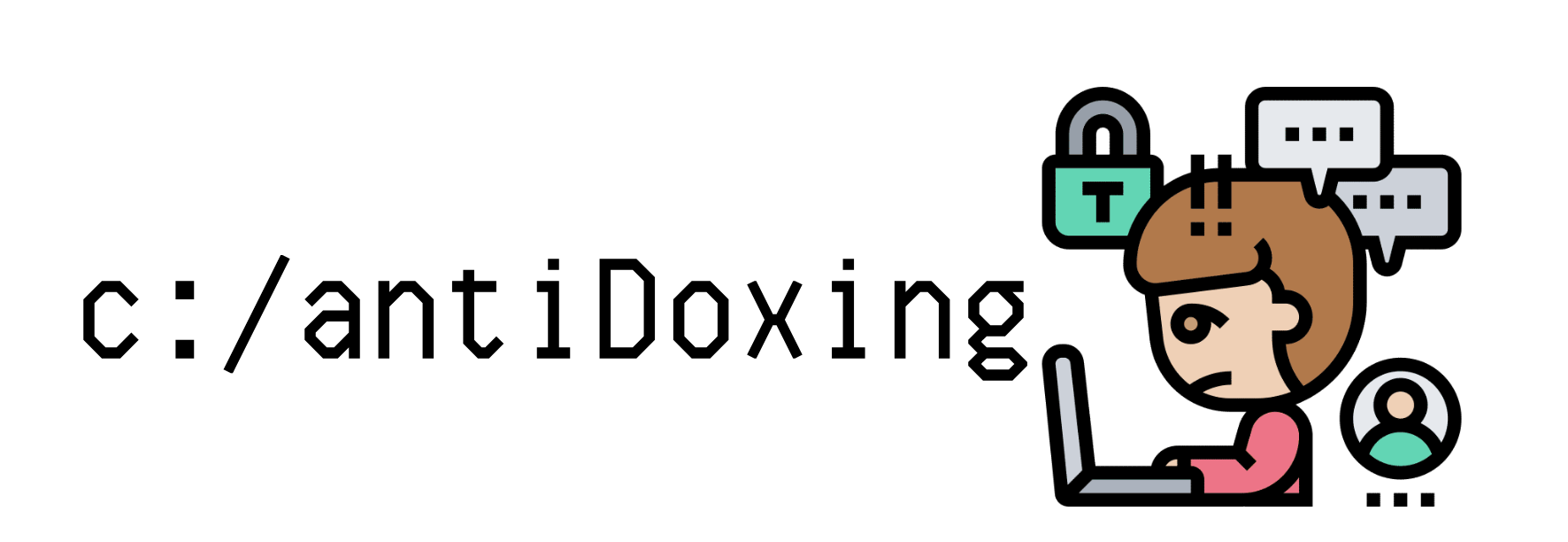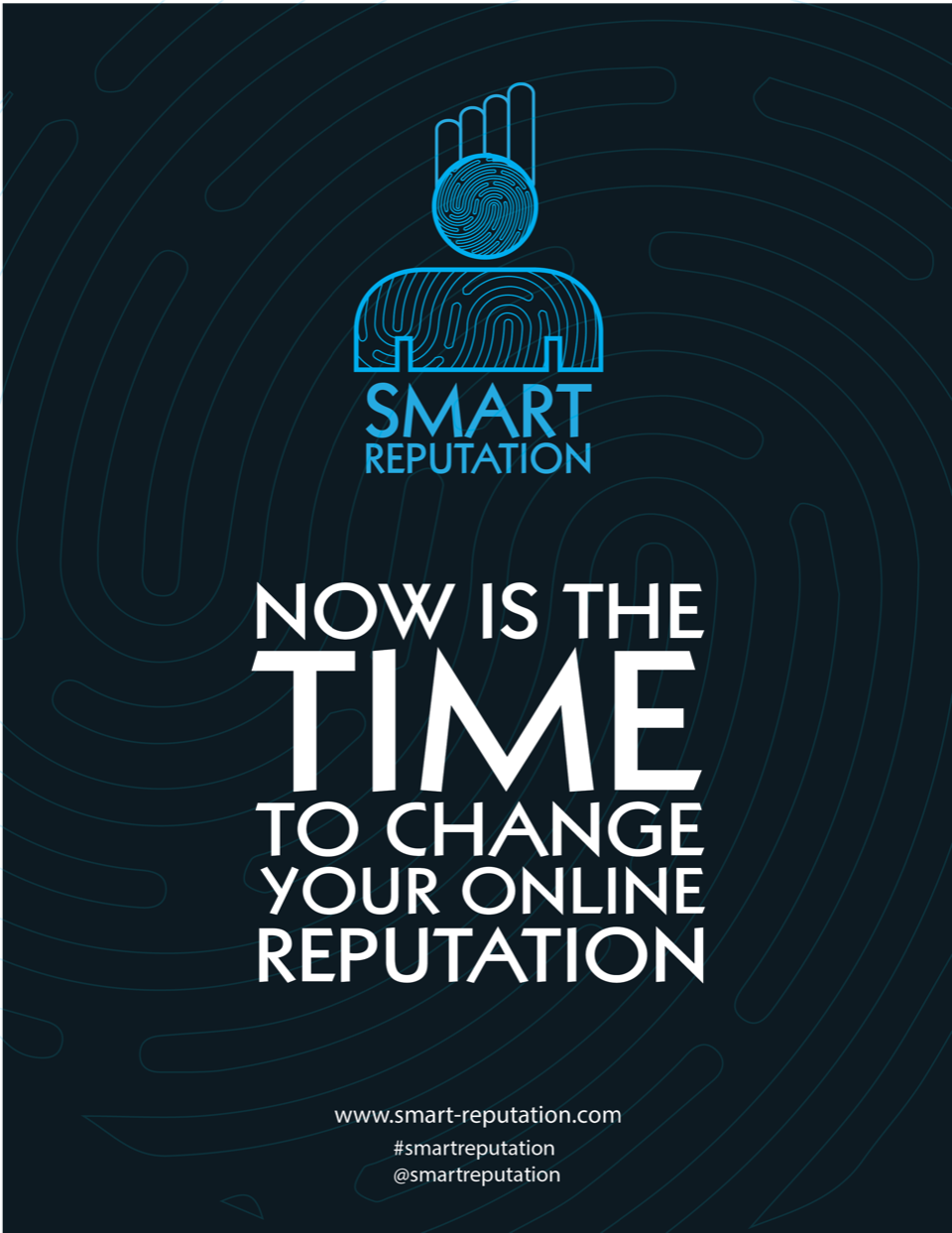In recent months, there has been an increase in the strictness of migration processes in El Salvador and Nicaragua for Venezuelan citizens attempting to enter these countries legally. According to various sources, migration authorities have adopted a new practice: investigating travelers' online reputations through Google before approving their entry.
The long lines at migration offices in these countries have been attributed, in part, to the exhaustive verification that officials conduct on Venezuelan citizens' digital backgrounds. This has generated concern among migrants, who have reported on social media and some news portals that their passports are retained while their online history is investigated.
A Filtering Process Based on Google
Some travelers have reported that, upon arriving at migration checkpoints in El Salvador and Nicaragua, authorities have asked them questions related to their Internet history. In many cases, officials show news articles found on Google related to the traveler's name and subject them to an interrogation to confirm their identity and relationship to the published information.
This type of procedure has also been reported in countries like India and China, where authorities have begun thoroughly investigating migrants' digital presence, even affecting those who are only in transit.
Online Reputation: A Decisive Factor in Migration
Online reputation has become a key factor in people's lives in the digital age. What appears on Google about an individual can determine not only their chances of getting a job or renting a home but also their ability to enter certain countries.
For Venezuelan citizens, this situation is particularly concerning, as many have been falsely accused or mentioned in news articles due to political persecution in their home country. In other cases, individuals with legal backgrounds have tried to rebuild their lives, but their digital past continues to follow them.
Controlling Online Reputation: What Can We Do?
Content on social media, videos on platforms such as Instagram, YouTube, Twitter, Facebook, and LinkedIn, as well as personal blogs, can be managed by users themselves. However, news articles published in media outlets or portals with malicious intent remain beyond their control.
The verification of digital backgrounds to decide a person's entry into a country raises serious questions about privacy and the right to digital identity. Many Venezuelans have seen their names linked to false news, publications in Venezuela's official media aiming to discredit them, or even political blacklists.
Common Cases of Compromised Online Reputation
Various specialists in online reputation management have identified patterns in cases of people affected by information available on the Internet:
Politically persecuted Venezuelan citizens whose identities have been criminalized in official media.
Individuals who were previously accused of minor crimes or participated in protests and were acquitted, but whose news articles still appear in Google searches.
People mistakenly mentioned in police news reports or due to name confusion.
Businesspeople and professionals unjustly linked to corruption or embezzlement scandals.
Athletes with doping cases seeking to rebuild their careers.
Crime witnesses whose names have been erroneously associated with criminals.
Doctors and specialists who have been unfairly accused of malpractice.
Public figures involved in scandals that, whether true or not, have damaged their online image.
Solutions for Cleaning Online Reputation
The process of cleaning a compromised digital reputation can take between six months and two years, depending on the severity of the case. Companies specializing in online reputation, such as Smart Reputation, offer services to help displace negative information on Google. This company has an application for iPhone and Android devices that provides a free diagnosis of an individual's online reputation.
Through advanced SEO strategies and content management, these services allow positive or neutral information to gain relevance in search results, pushing down news articles or content that negatively affects a person's image.
What Can You Do?
If you are a Venezuelan citizen planning to migrate or travel to other countries, it is advisable to conduct a Google search of your full name to check what information appears about you. If you find harmful content, it is crucial to seek advice from online reputation experts.
The future of migration may increasingly depend on the digital information available about travelers. In a world where Google has become an identity verification tool, taking care of online reputation is more important than ever.
More information:
In recent months, there has been an increase in the strictness of migration processes in El Salvador and Nicaragua for Venezuelan citizens attempting to enter these countries legally. According to various sources, migration authorities have adopted a new practice: investigating travelers' online reputations through Google before approving their entry.
The long lines at migration offices in these countries have been attributed, in part, to the exhaustive verification that officials conduct on Venezuelan citizens' digital backgrounds. This has generated concern among migrants, who have reported on social media and some news portals that their passports are retained while their online history is investigated.
A Filtering Process Based on Google
Some travelers have reported that, upon arriving at migration checkpoints in El Salvador and Nicaragua, authorities have asked them questions related to their Internet history. In many cases, officials show news articles found on Google related to the traveler's name and subject them to an interrogation to confirm their identity and relationship to the published information.
This type of procedure has also been reported in countries like India and China, where authorities have begun thoroughly investigating migrants' digital presence, even affecting those who are only in transit.
Online Reputation: A Decisive Factor in Migration
Online reputation has become a key factor in people's lives in the digital age. What appears on Google about an individual can determine not only their chances of getting a job or renting a home but also their ability to enter certain countries.
For Venezuelan citizens, this situation is particularly concerning, as many have been falsely accused or mentioned in news articles due to political persecution in their home country. In other cases, individuals with legal backgrounds have tried to rebuild their lives, but their digital past continues to follow them.
Controlling Online Reputation: What Can We Do?
Content on social media, videos on platforms such as Instagram, YouTube, Twitter, Facebook, and LinkedIn, as well as personal blogs, can be managed by users themselves. However, news articles published in media outlets or portals with malicious intent remain beyond their control.
The verification of digital backgrounds to decide a person's entry into a country raises serious questions about privacy and the right to digital identity. Many Venezuelans have seen their names linked to false news, publications in Venezuela's official media aiming to discredit them, or even political blacklists.
Common Cases of Compromised Online Reputation
Various specialists in online reputation management have identified patterns in cases of people affected by information available on the Internet:
-
Politically persecuted Venezuelan citizens whose identities have been criminalized in official media.
-
Individuals who were previously accused of minor crimes or participated in protests and were acquitted, but whose news articles still appear in Google searches.
-
People mistakenly mentioned in police news reports or due to name confusion.
-
Businesspeople and professionals unjustly linked to corruption or embezzlement scandals.
-
Athletes with doping cases seeking to rebuild their careers.
-
Crime witnesses whose names have been erroneously associated with criminals.
-
Doctors and specialists who have been unfairly accused of malpractice.
-
Public figures involved in scandals that, whether true or not, have damaged their online image.
Solutions for Cleaning Online Reputation
The process of cleaning a compromised digital reputation can take between six months and two years, depending on the severity of the case. Companies specializing in online reputation, such as Smart Reputation, offer services to help displace negative information on Google. This company has an application for iPhone and Android devices that provides a free diagnosis of an individual's online reputation.
Through advanced SEO strategies and content management, these services allow positive or neutral information to gain relevance in search results, pushing down news articles or content that negatively affects a person's image.
What Can You Do?
If you are a Venezuelan citizen planning to migrate or travel to other countries, it is advisable to conduct a Google search of your full name to check what information appears about you. If you find harmful content, it is crucial to seek advice from online reputation experts.
The future of migration may increasingly depend on the digital information available about travelers. In a world where Google has become an identity verification tool, taking care of online reputation is more important than ever.
More information:
Keywords SEO: online reputation, migration in El Salvador, migration in Nicaragua, Venezuelans in migration, googling migrants, digital background, reputation on Google, Smart Reputation, digital identity control, migration and technology.










